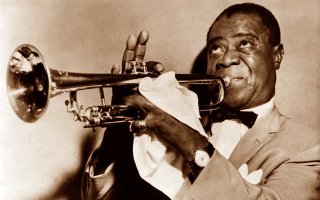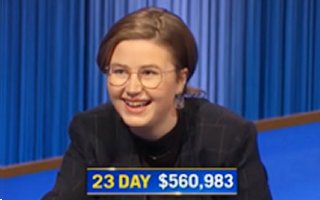Favorite 1960s Falsettos
When the talk turns to falsetto singers, it’s a highly subjective matter. Frankie Valli (“Sherry”) is usually heading up the list of 60s falsettos, closely followed by Lou Christie (“Two Faces Have I”). Truth be told, in the 50s and 60s, there were more fabulous falsettos than you could shake a stick at. Then again, many so-called falsetto singers aren’t really singing falsetto. Every high pitched male voice is not a falsetto.
This big debate goes on all the time and will probably never be resolved since even singing experts seem to disagree. “Basix Rock Singing Techniques” by Surmani and Mitchell (1997) defines falsetto as “singing in the high range of a man’s voice. It’s pure resonance, produced mostly in the upper throat and nasal cavity, and is unconnected to the rest of the male voice.” (p. 40). Kevin Richards of Rock the Stage NYC says in Falsetto vs. Head Voice that falsetto can apply to both high and low notes and the distinguishing characteristic is a breathy, feathery sound.
Sometimes you see Little Richard on falsetto lists mentioning his trademark woo. Does the woo in Tutti Frutti sound breathy and feathery to you?
Having a hot-looking falsetto singer was a definite asset in a doo wop group. Singer/songwriter, Johnny Cymbal, wrote a hit in 1963 to sort of even up that score and give Mr. Bass Man some of that love: “It don’t mean a thing when the lead is singing, or when he goes ‘ay yi yi yi yi yi.” He calls Mr. Bass Man “the hidden king of rock ‘n roll.”
Whether you agree or not, besides Bowser of Sha Na Na, few people can name many bass men. Rave reviews of doo wop songs mentioning the “soaring falsetto,” on the other hand, were legion. There was “Earth Angel” by the Penguins, “Since I Don’t Have You,” by the Skyliners, Jimmy Jones, Little Anthony, John E. Carter of the Flamingos and later the Dells, The Cadillacs, The Harptones, Will Hart of the Delfonics and so many more. But, unless you were billed by name like Little Anthony or went solo like Curtis Mayfield (The Impressions) and Eddie Kendricks (The Temptations), being in a group often meant anonymity.
Jay Siegel, the lead singer of The Tokens, is a good example. You may often see the Beach Boys’ Brian Wilson on favorite falsetto lists of the 60s, but not Jay Siegel whose voice made “The Lion Sleeps Tonight” the most well-known version of that song. Listen to Jay Siegel sing the Tokens’ first hit from 1961 called “Tonight I Fell in Love.” You can see from this 2011 video that he’s still got it going on 50 years later.
When you compare him to Brian Wilson and even Del Shannon, who effortlessly switched up to falsetto flourishes in hits like “Runaway” — well, they don’t stay up there and do cartwheels with it like Dr. Jay.
Speaking of the Beach Boys, an uncredited Brian Wilson helped out with the falsetto on the classic Jan and Dean hit “Surf City” (1963). When Brian’s father Murray found out, he forbid Brian to ever talk to Jan and Dean again. He was livid that Brian “gave away” a No. 1 hit song. Perhaps returning the favor later, an uncredited Dean Torrence is doing some falsetto work on “Barbara Ann” with Brian Wilson on the 1965 album “Beach Boy Party!”
You would think name recognition wouldn’t be a problem for Jan and Dean, right? But even though they call each other by name in this comical “Surf City” video, someone still asked who was who in the youtube comments!
“Barbara Ann” was originally recorded by the New York doo wop group, The Regents in 1961. Most Easterners who were around then still consider The Regents’ original THE “Barbara Ann.” Guy Villari, the Regents’ lead singer, had a great sense of humor about it. He had a music clip of Surfin’ USA on his website. It said “The Beach Boys didn’t bother to learn the words to Barbara Ann, so I didn’t bother to learn the words to this one.”
Bonus favorites: “Smoky Places” by the Corsairs. To eliminate any confusion about who was singing the lead, the 45 record label had “featuring the voice of Jay “Bird” Uzzell” on it.
Then there was Tiny Tim’s falsetto cover of “Great Balls of Fire.” We’d love to know if Jerry Lee Lewis liked it.








Recent Comments